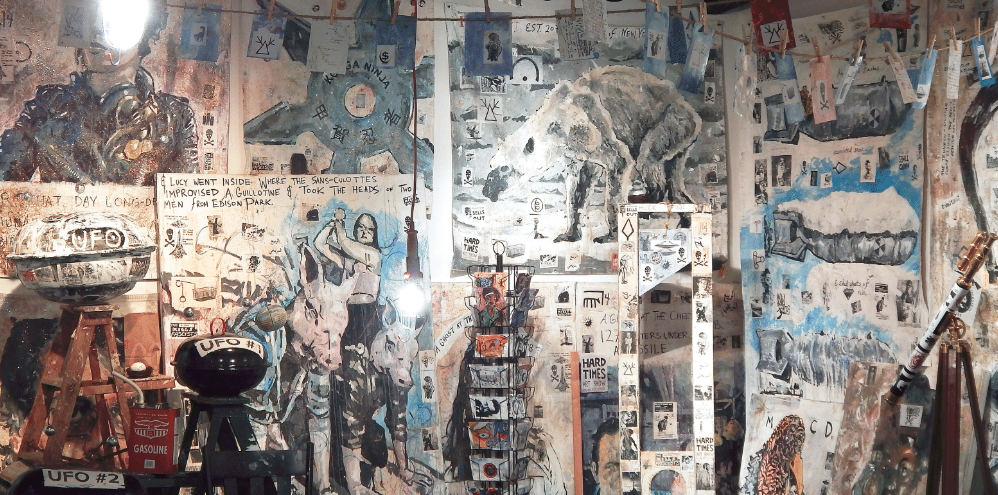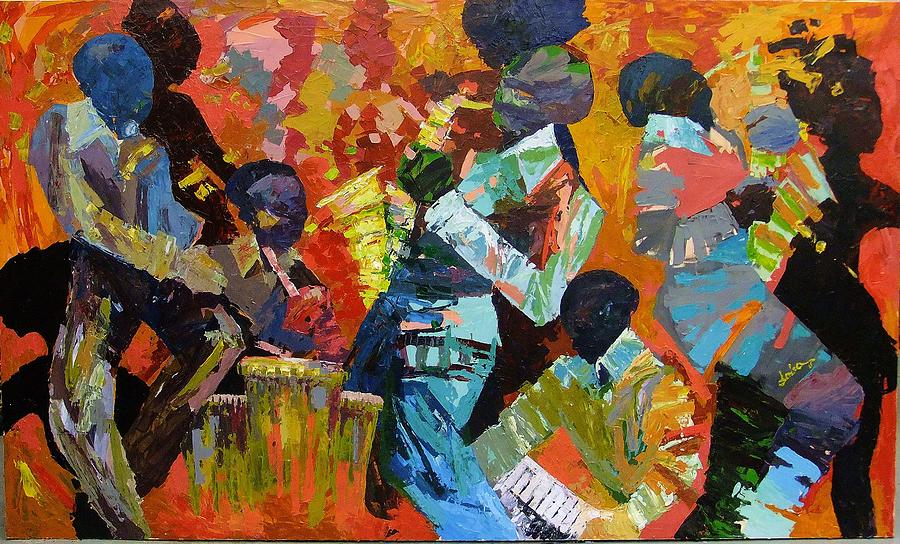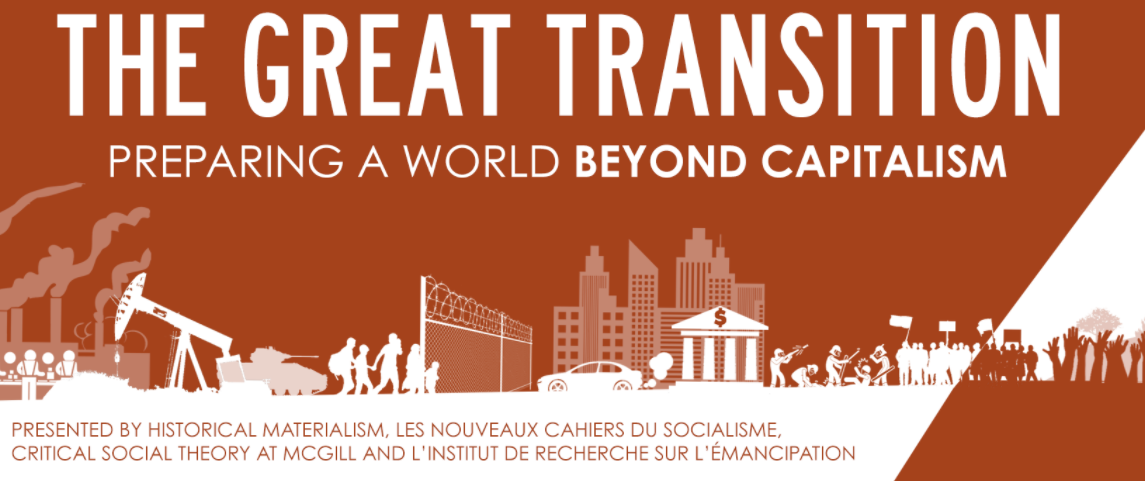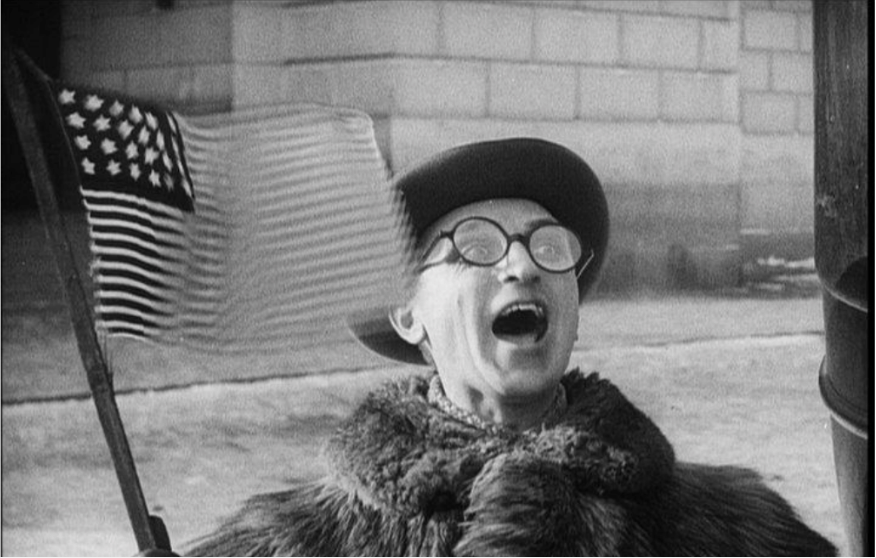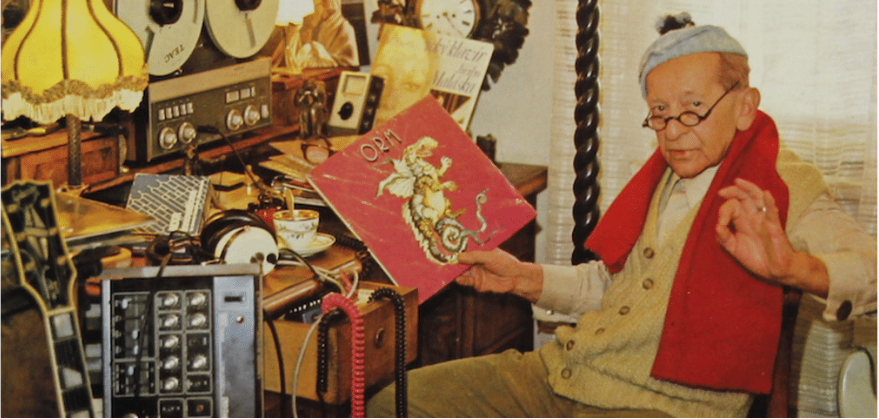The dream of utopia is difficult to find. Not always a “good dream”, it can just as well be a nightmare. More properly, the dream of utopia is a dream we cannot categorize according to the binary of nightmare and “sunshine daydream”. Yet, like a mole burrowing away, utopia can be found in the strangest of places, which once apparent become obvious. Like the hidden erotica on a Camel cigarette pack, utopian impulses cannot be unseen – or unheard, its mark indelible like ink that will never wash away.
Read moreBetween Thought and Expression: Utopia and Improvisation
The Grateful Dead.







